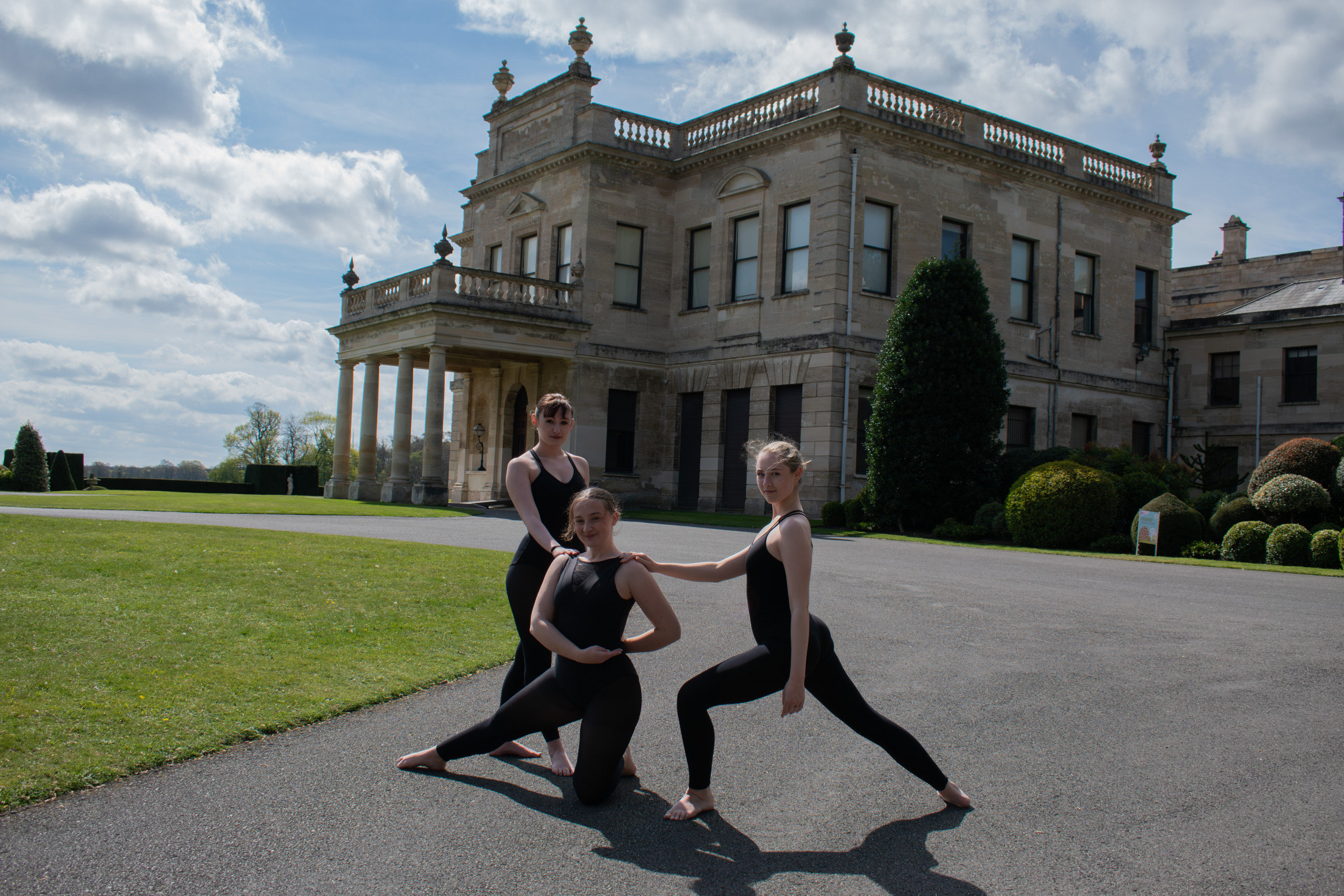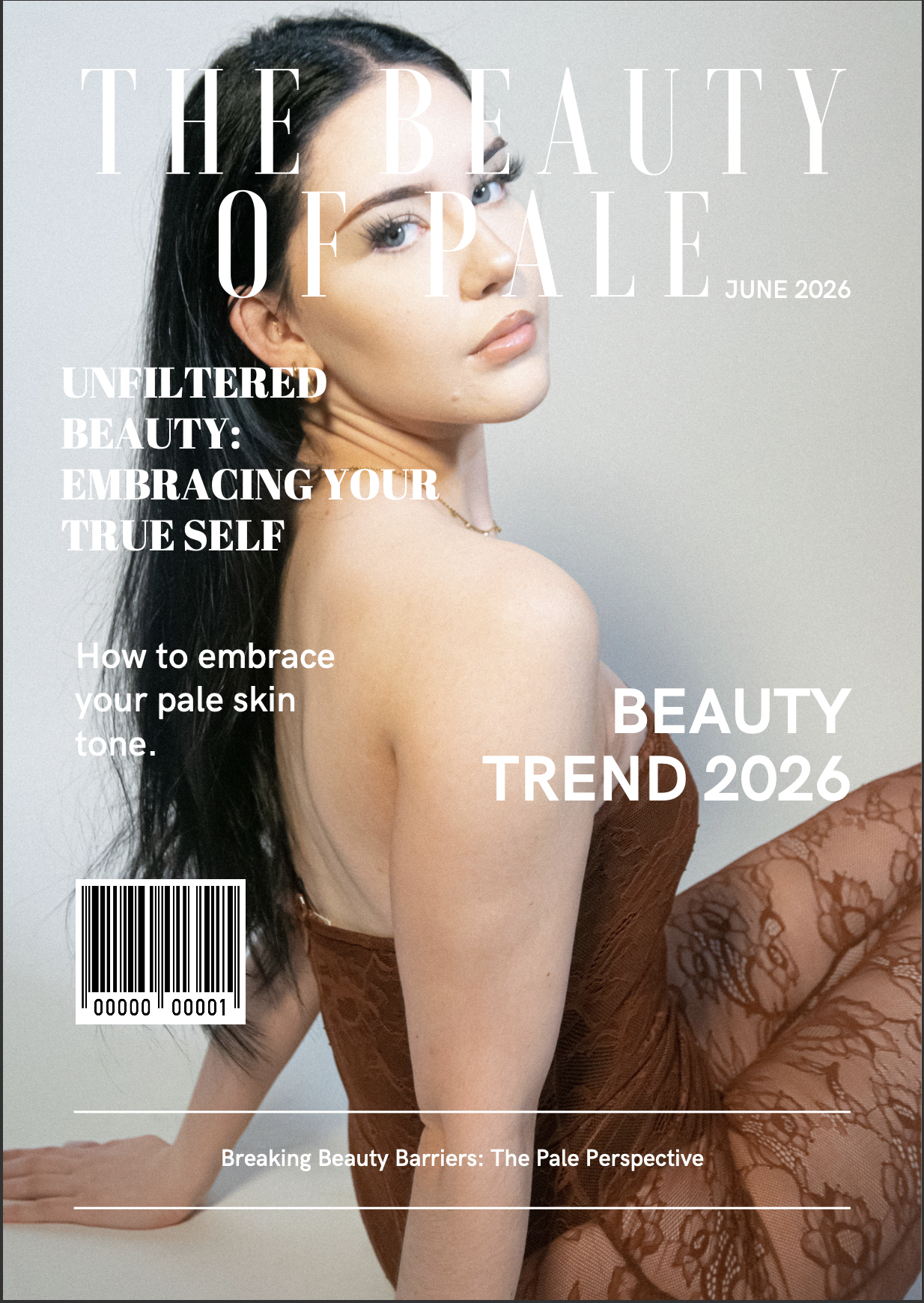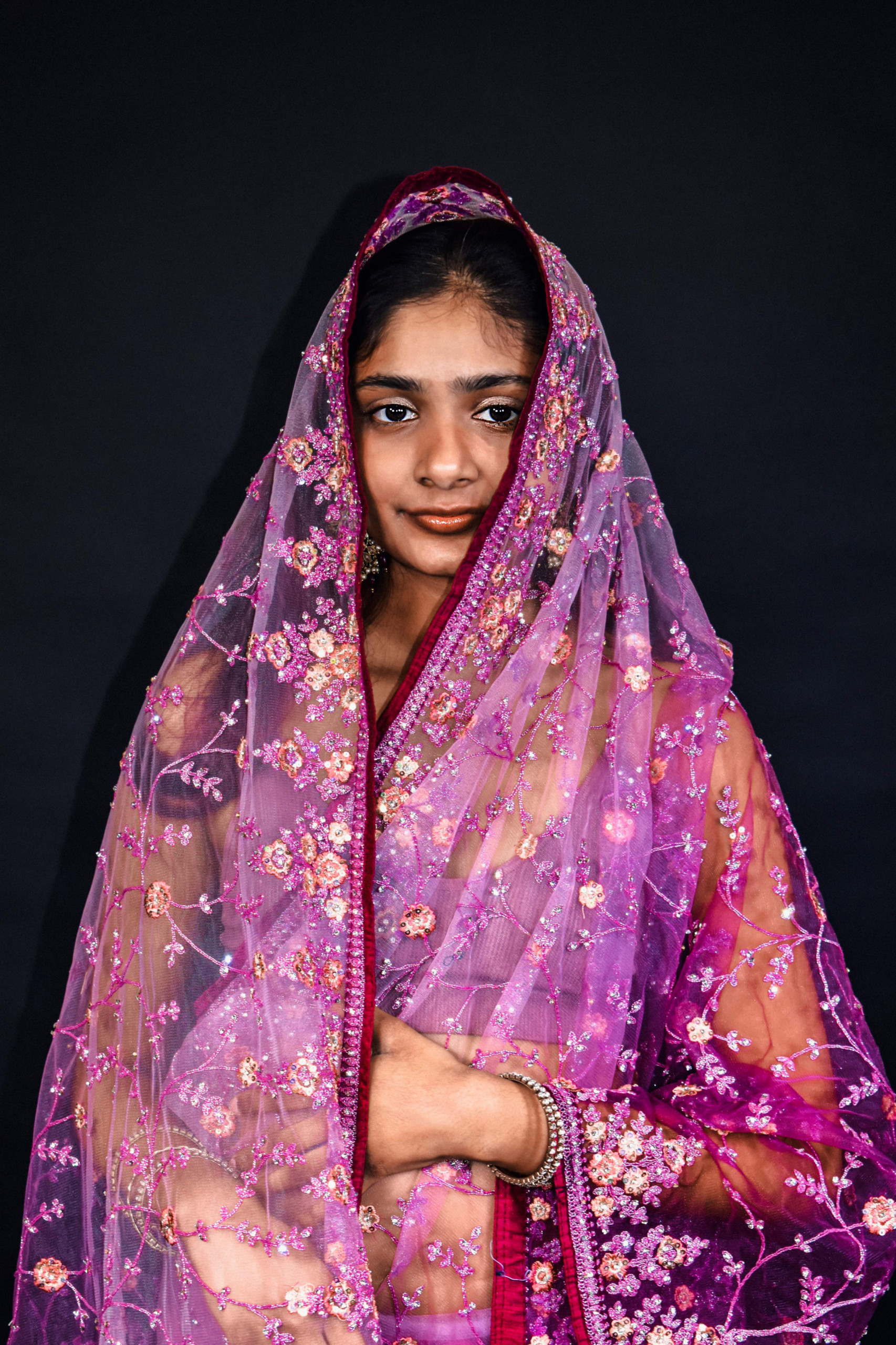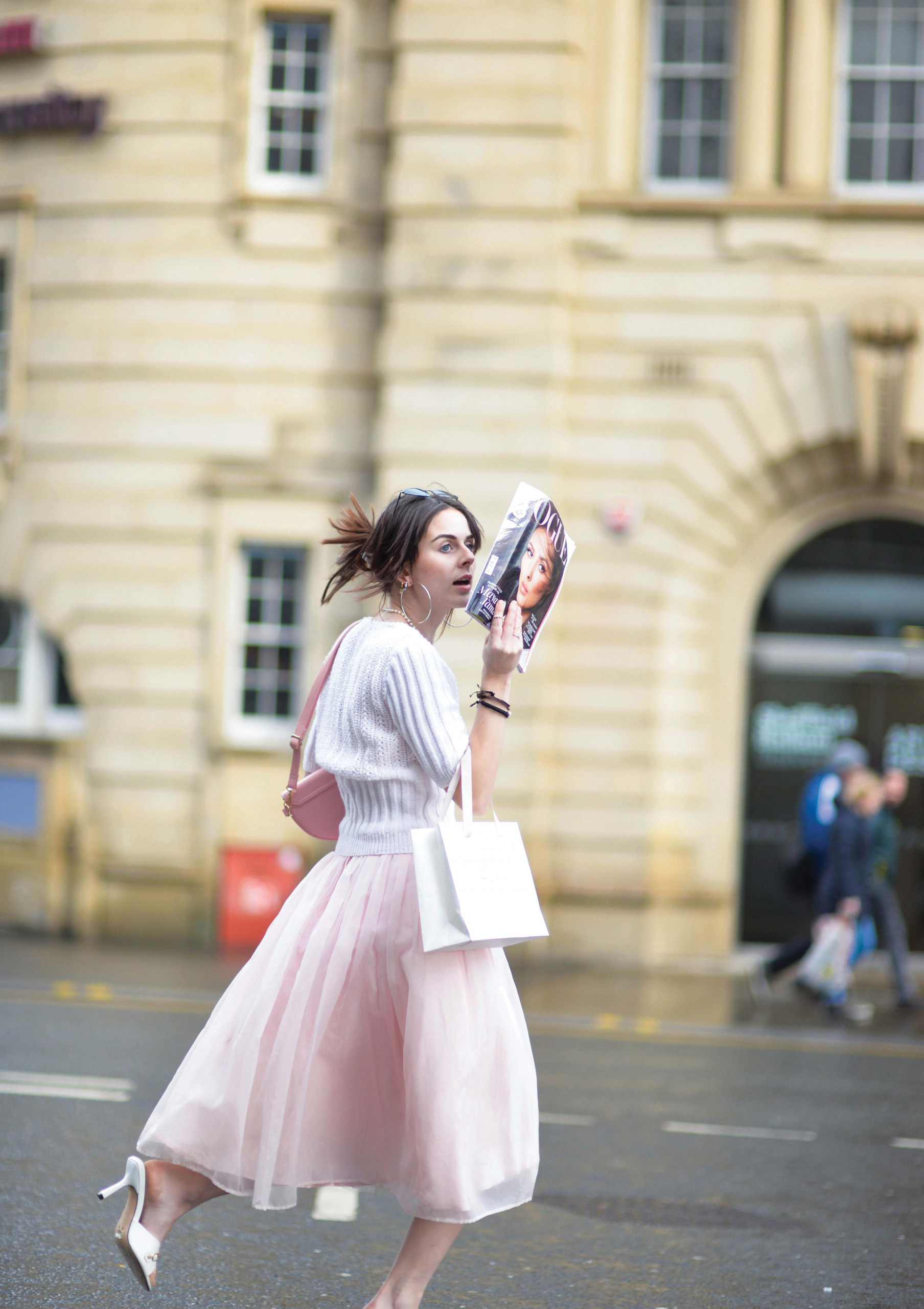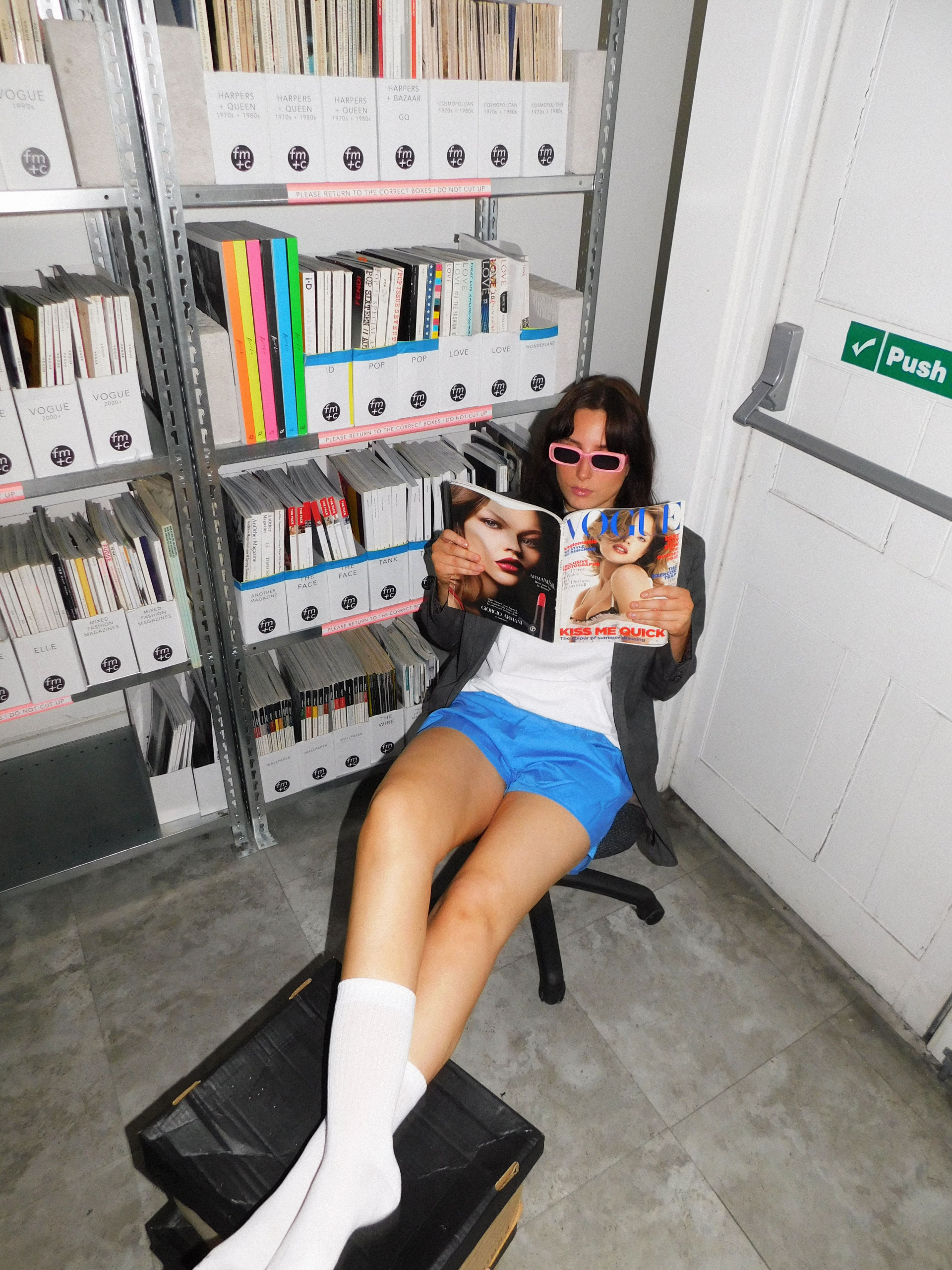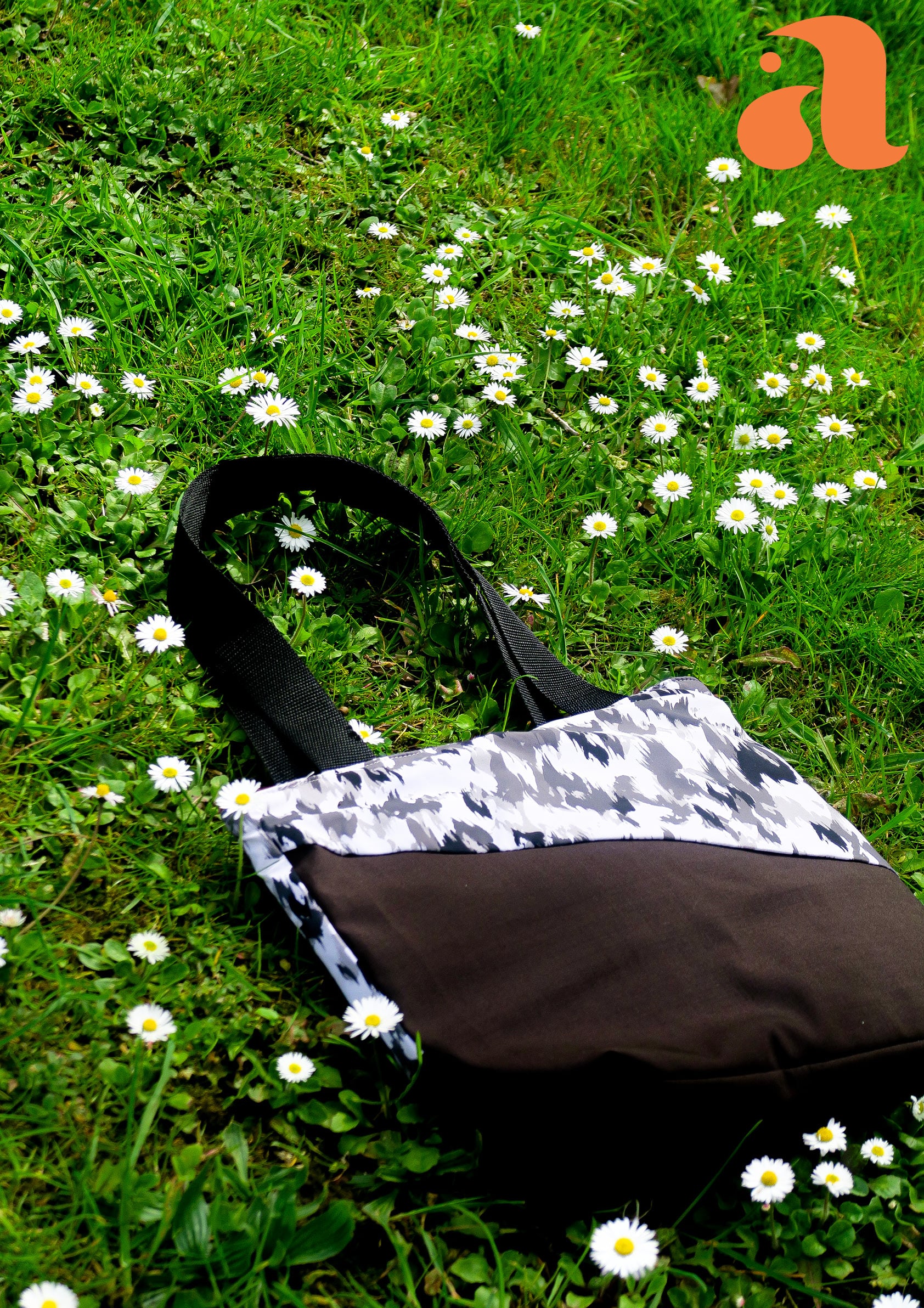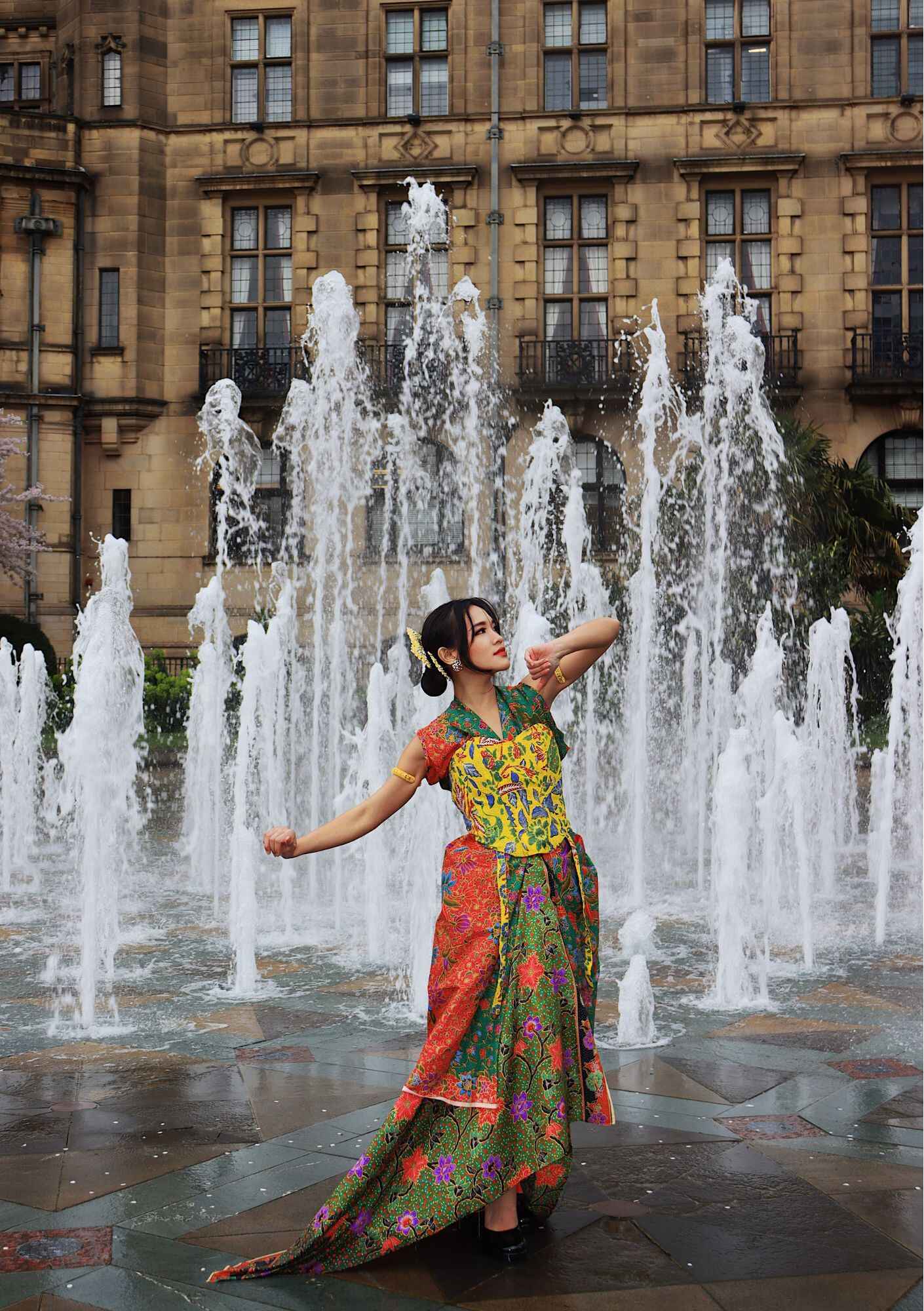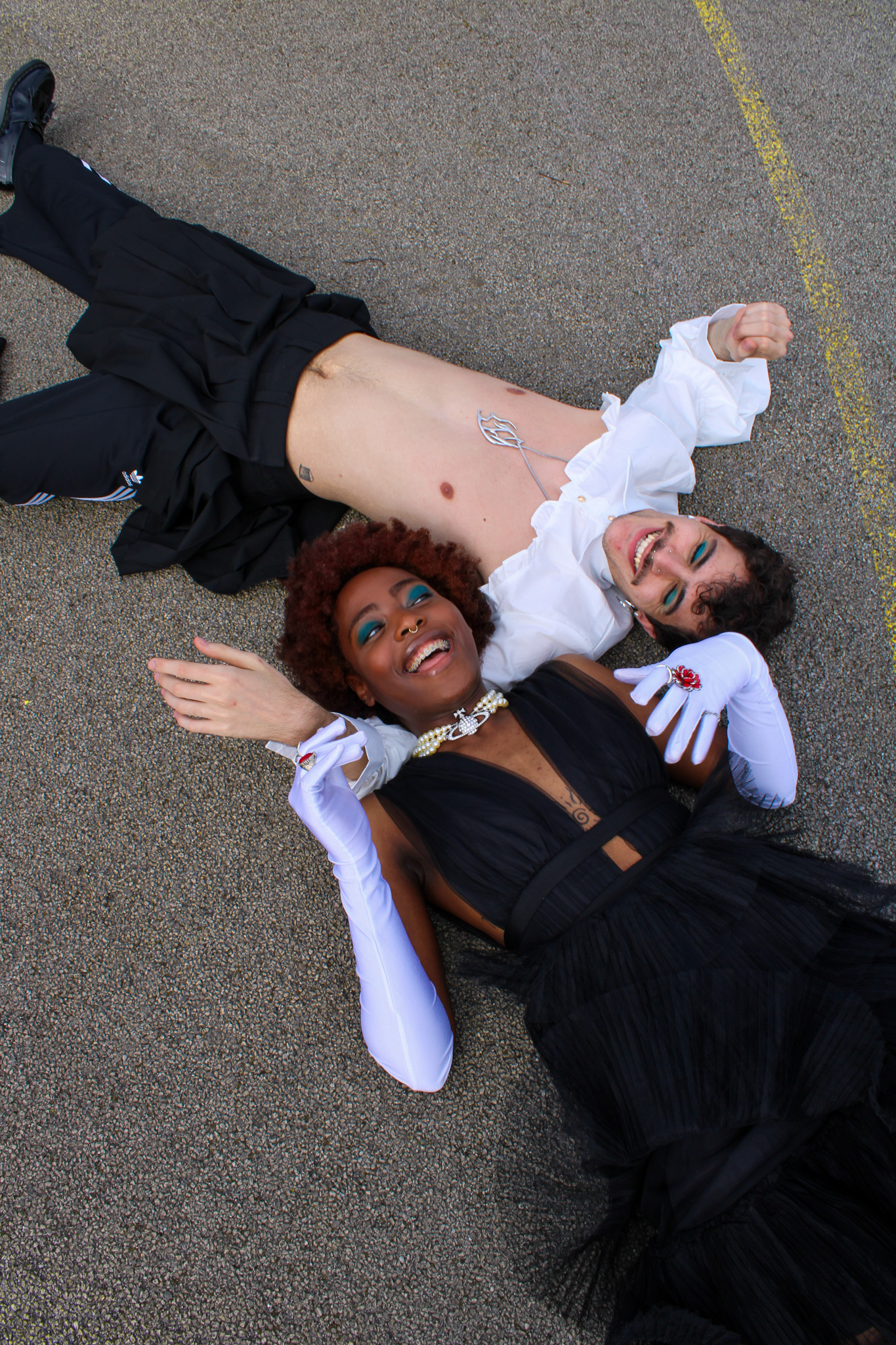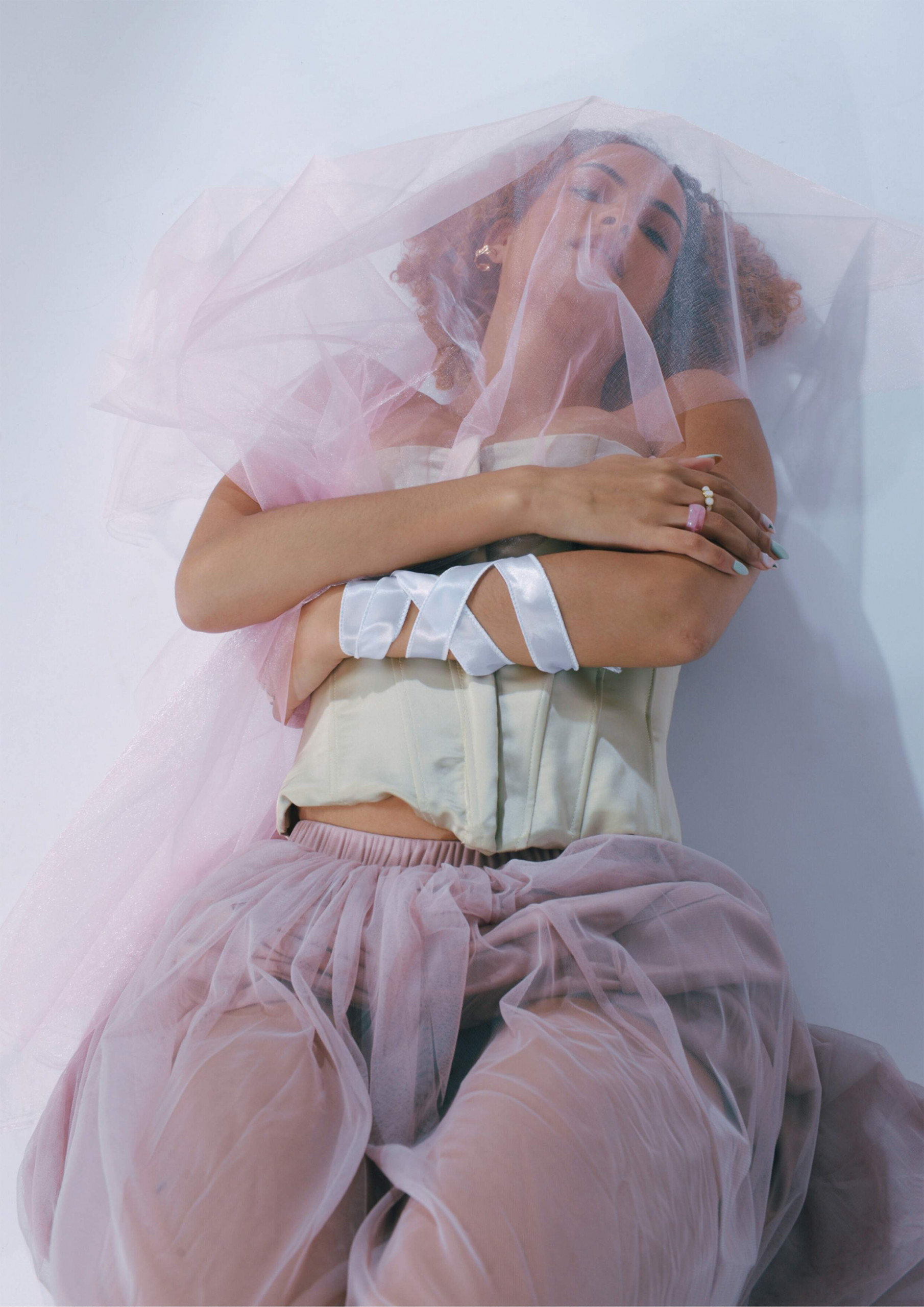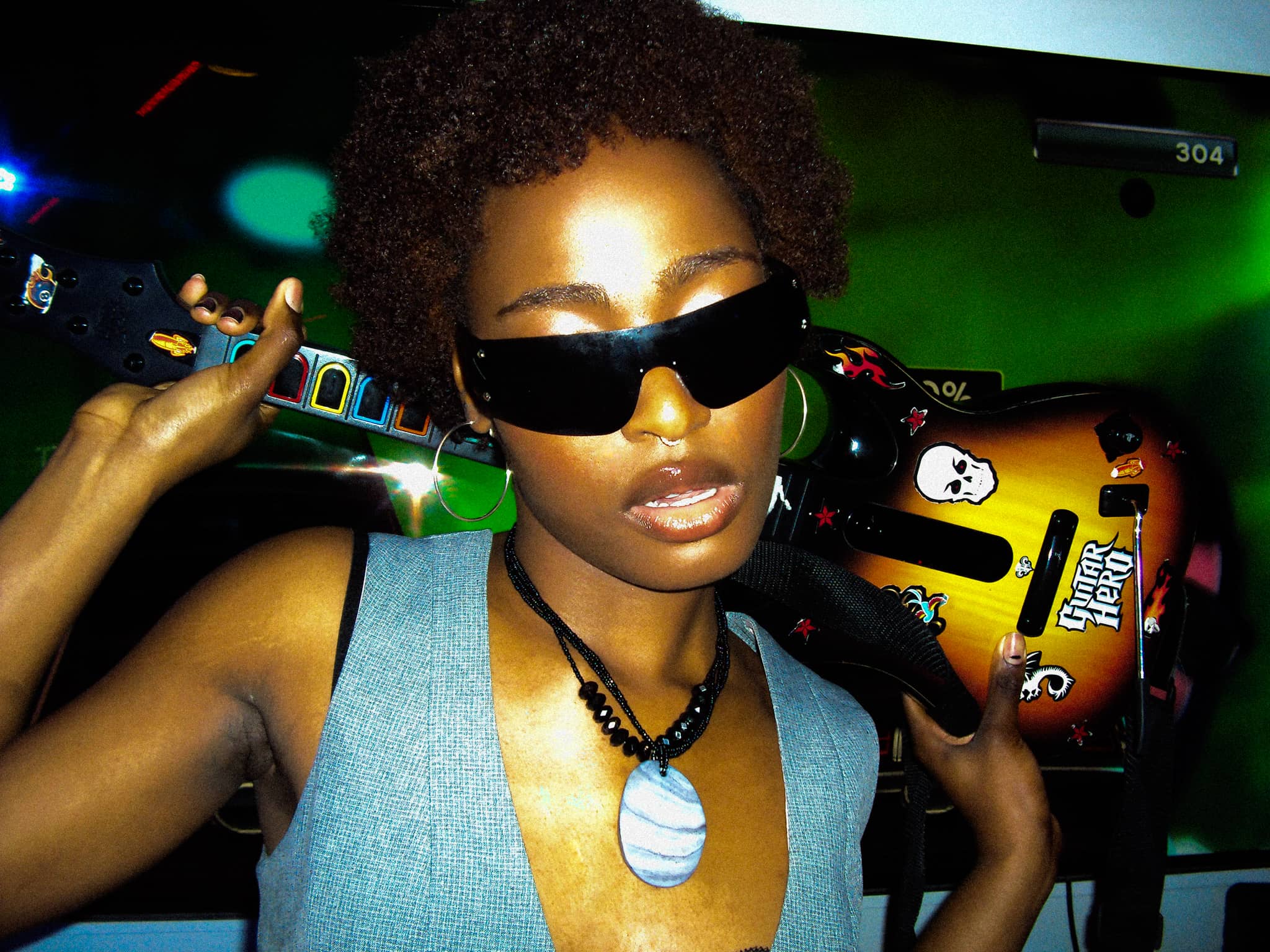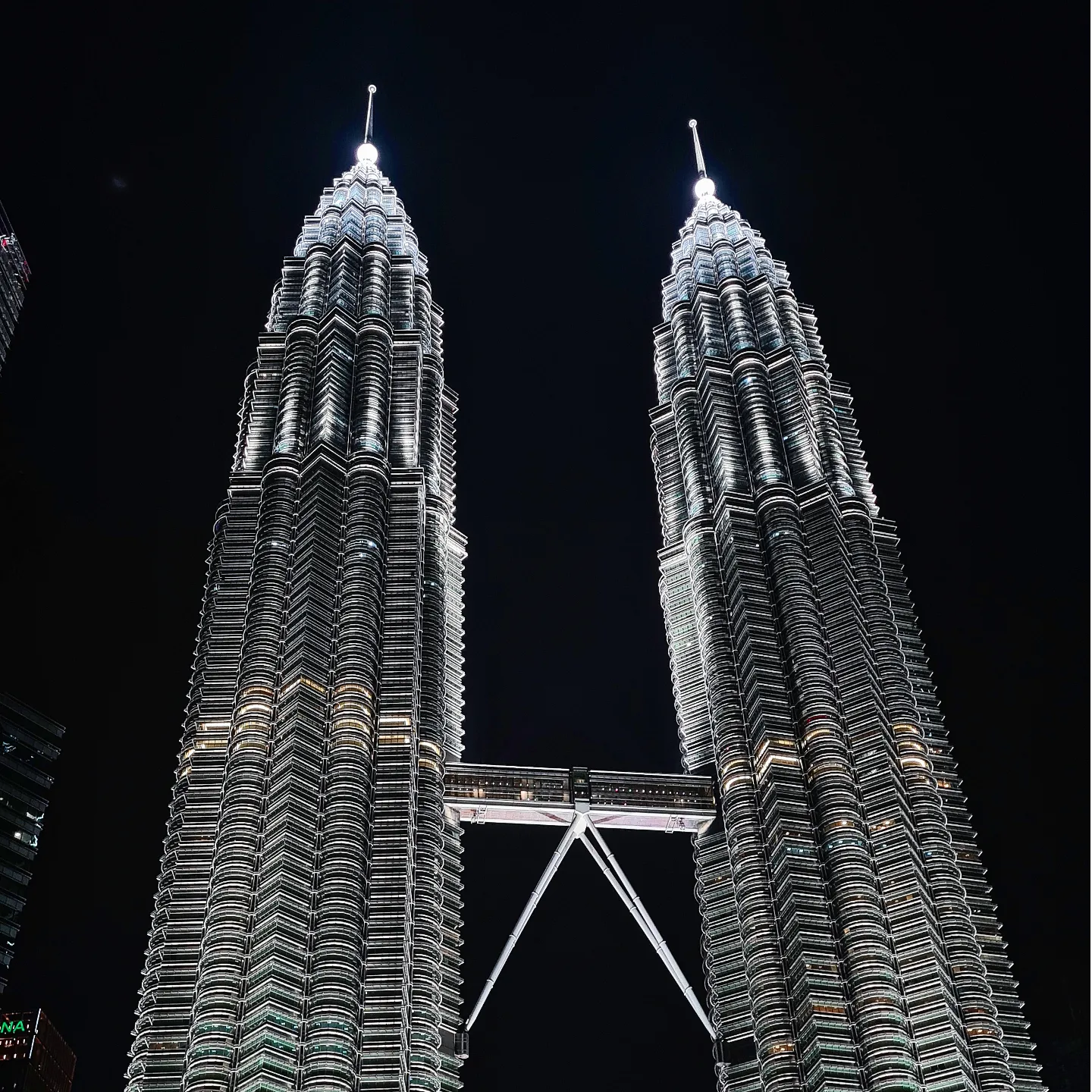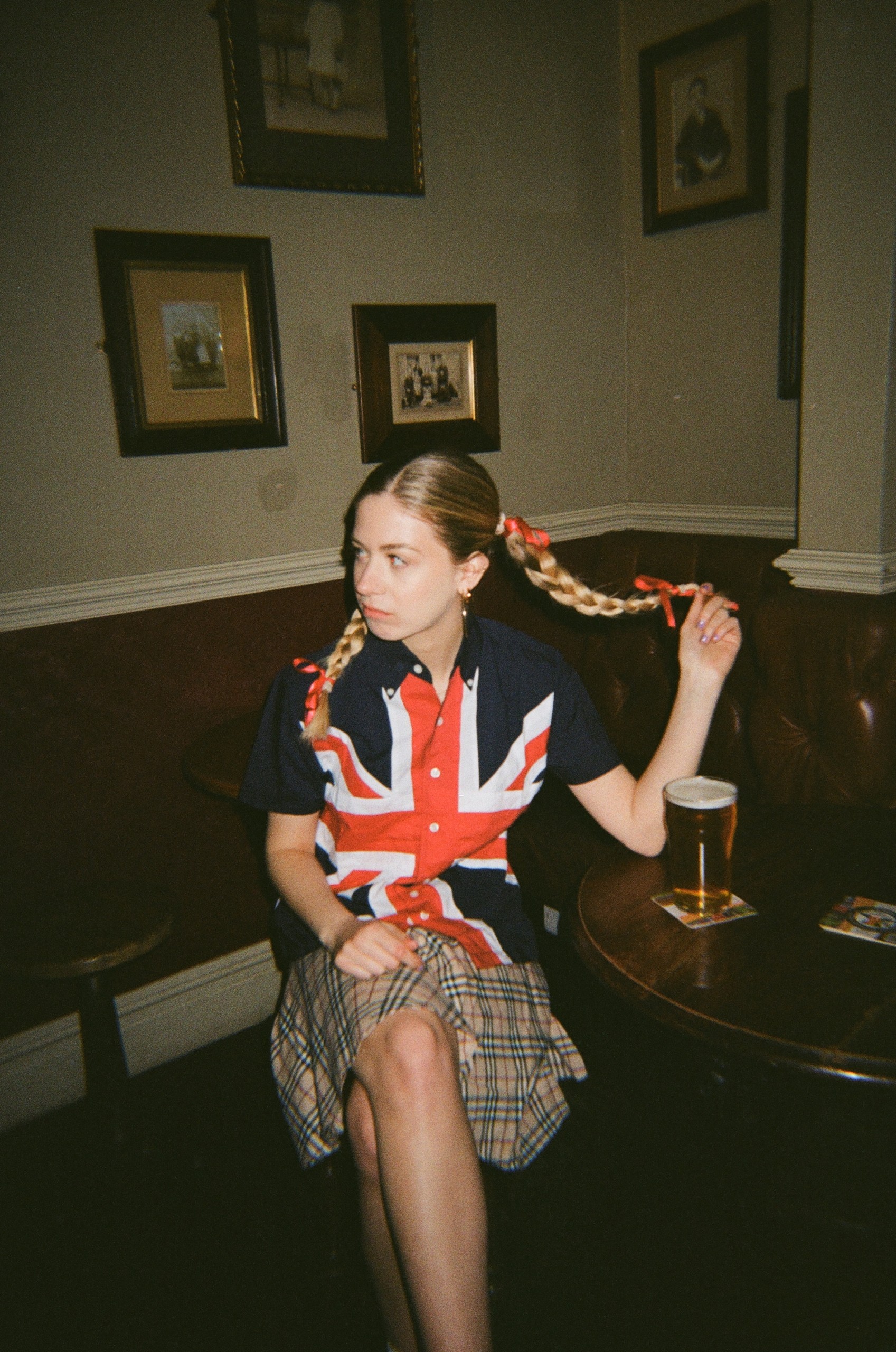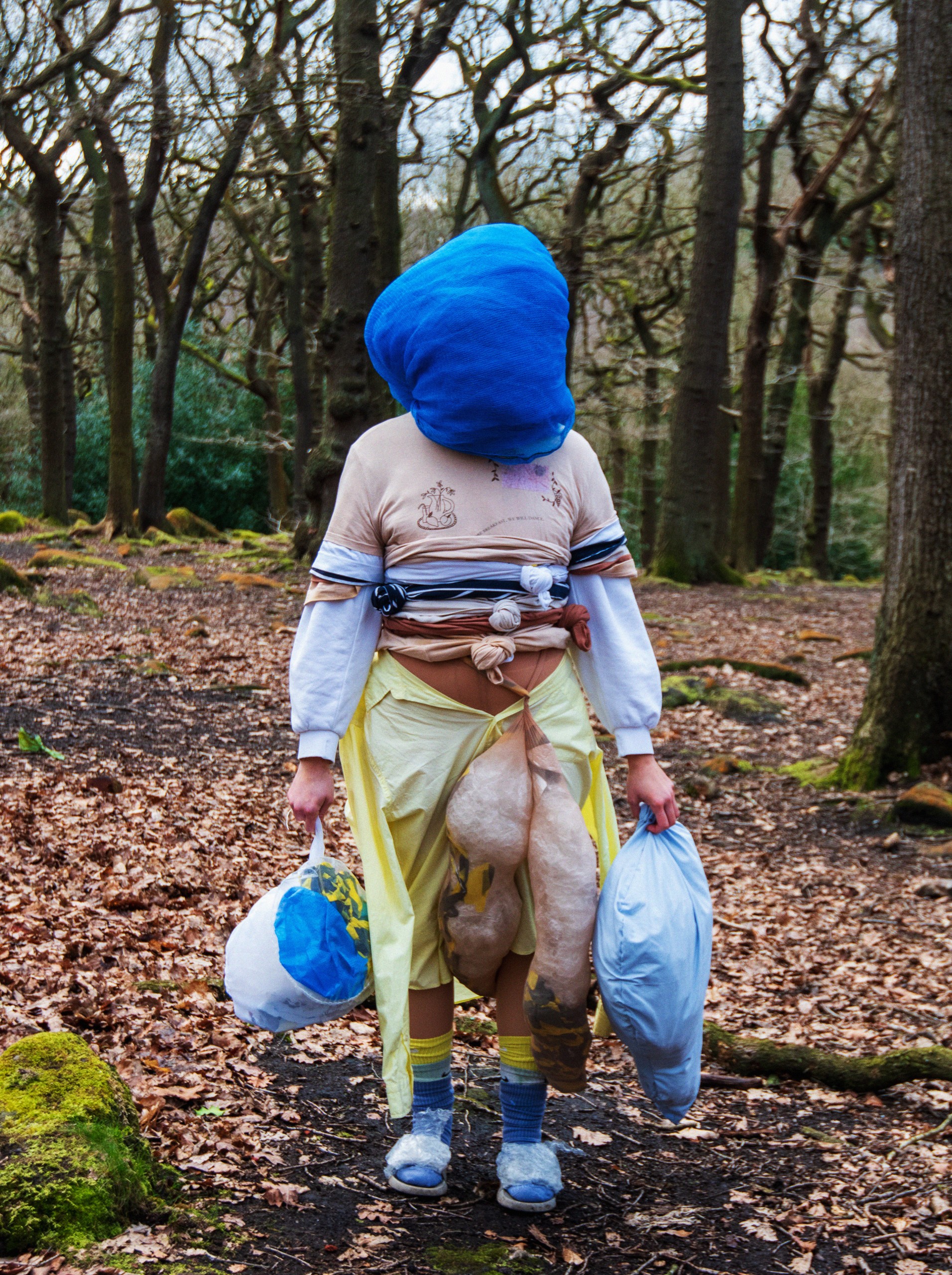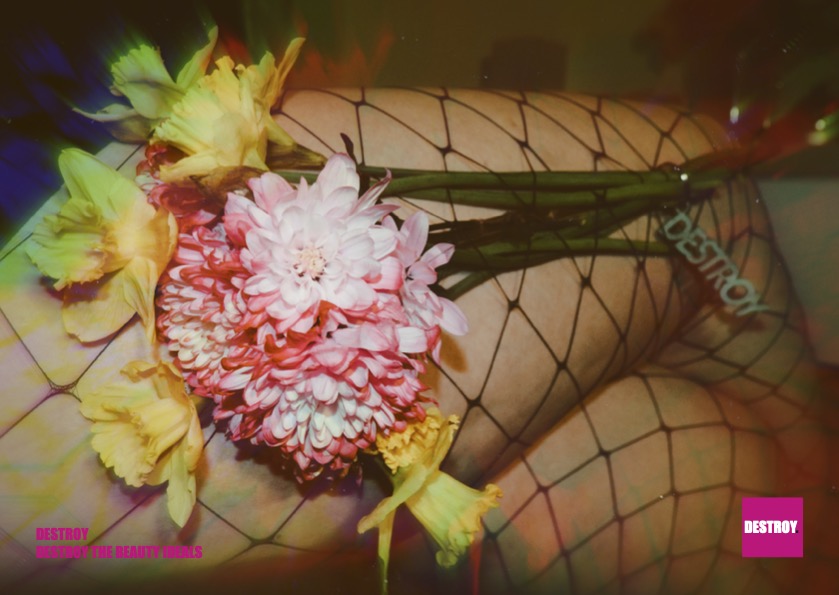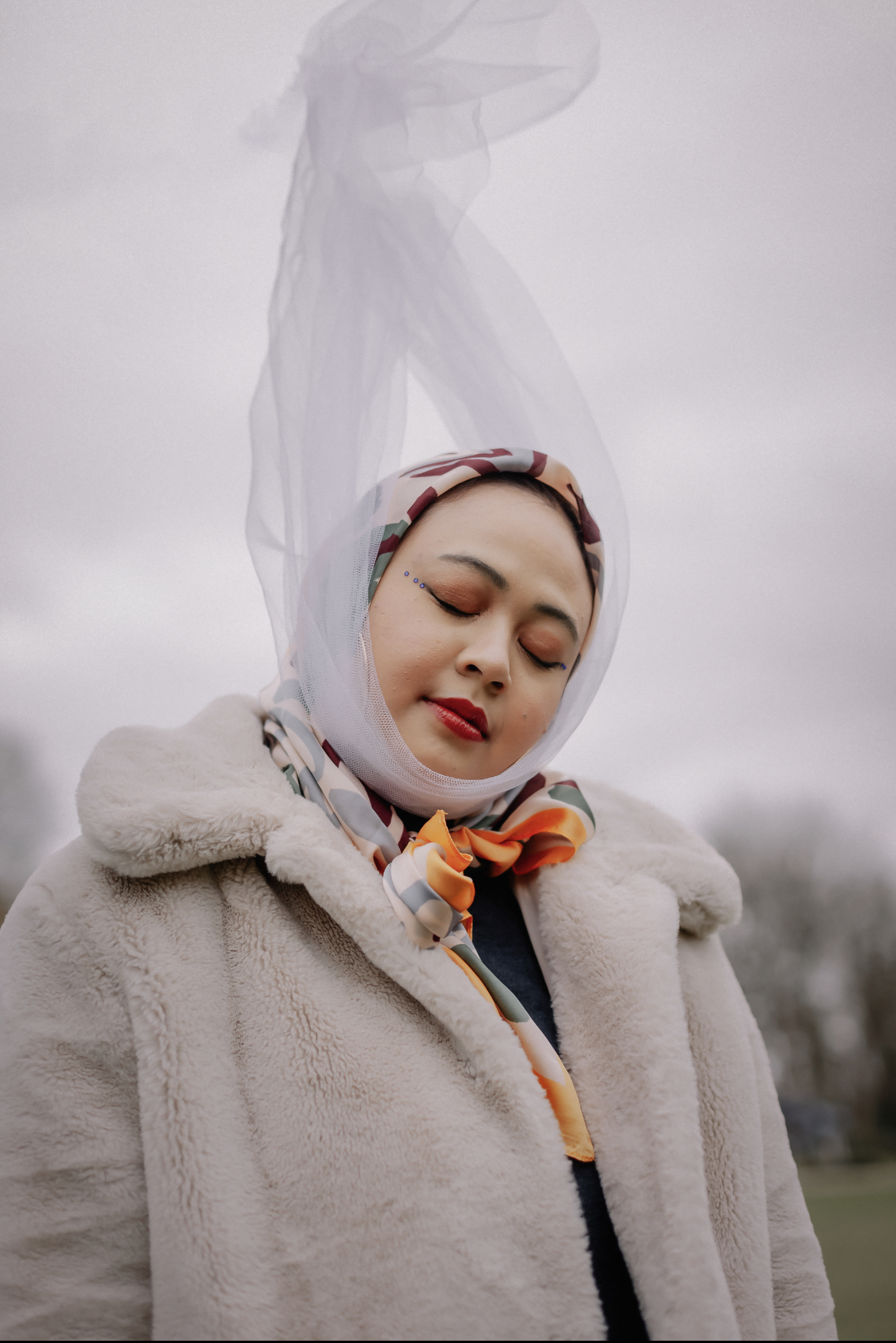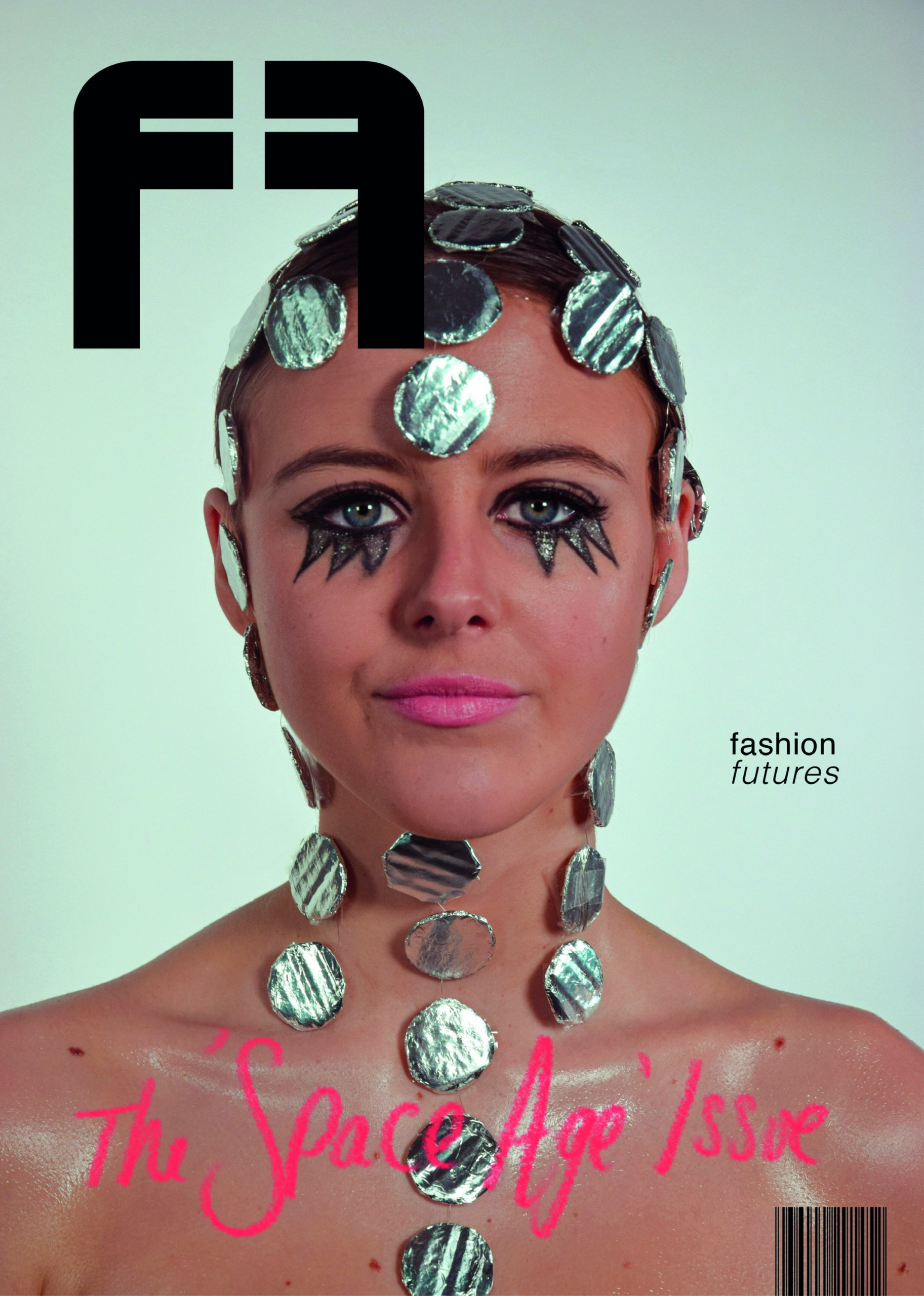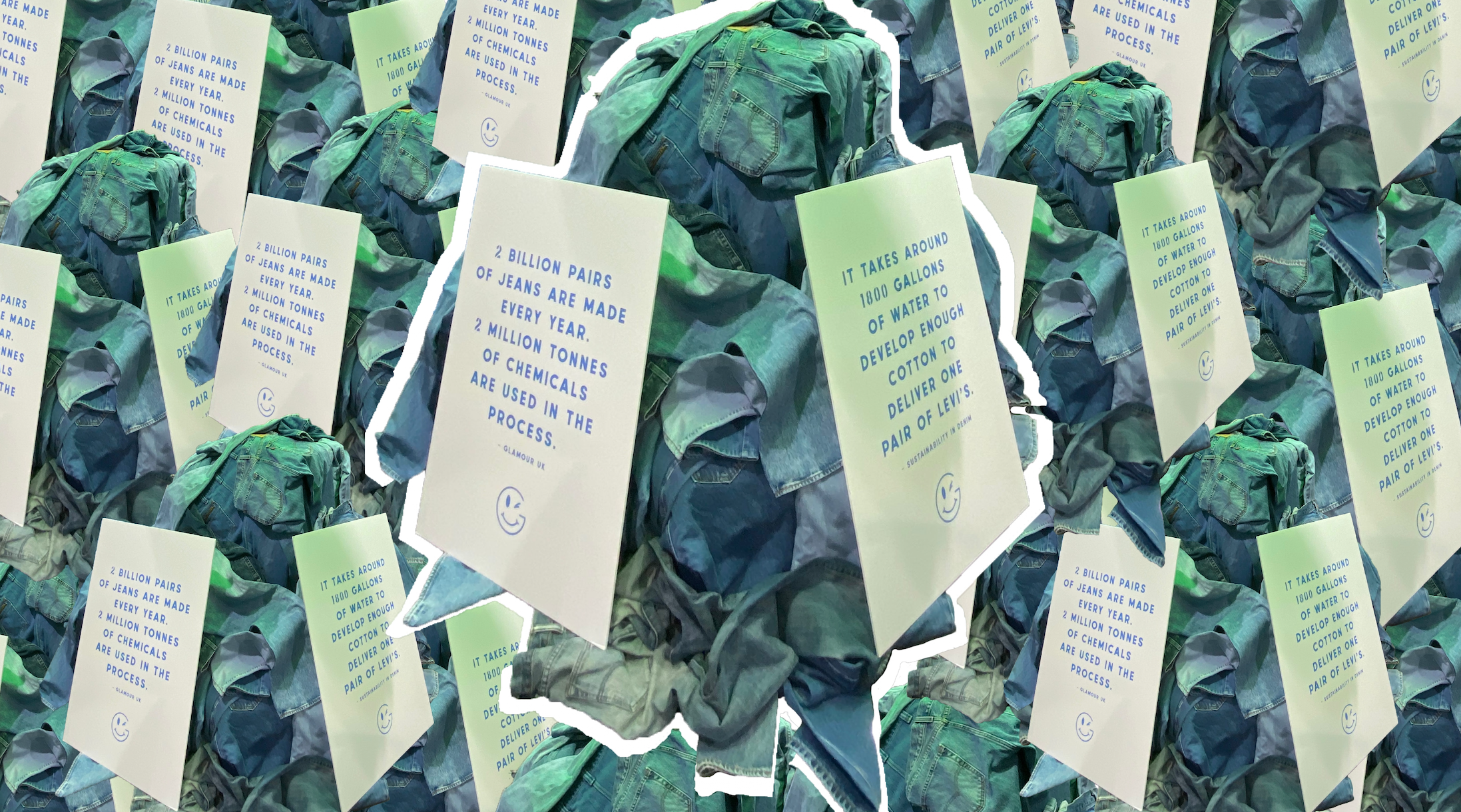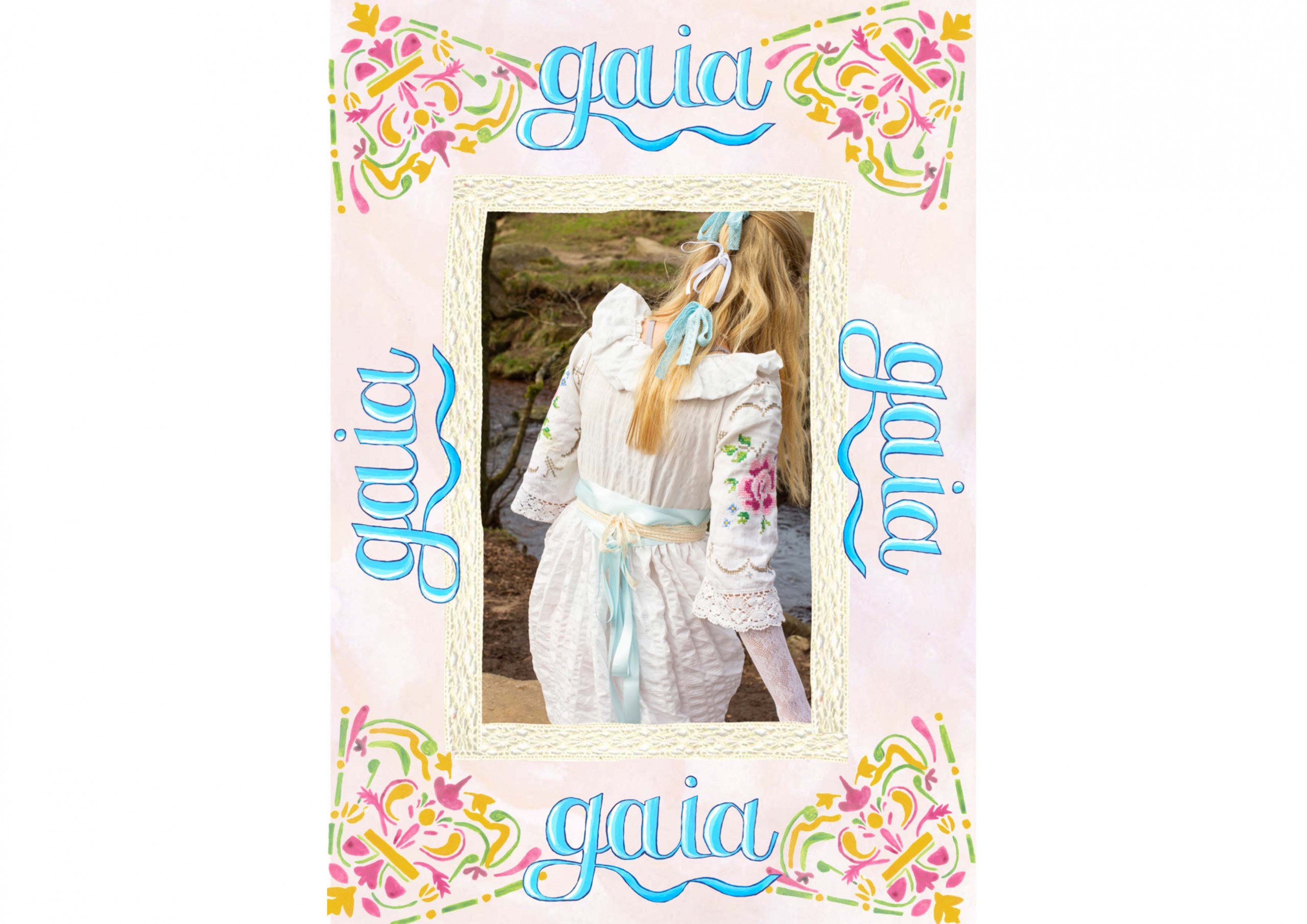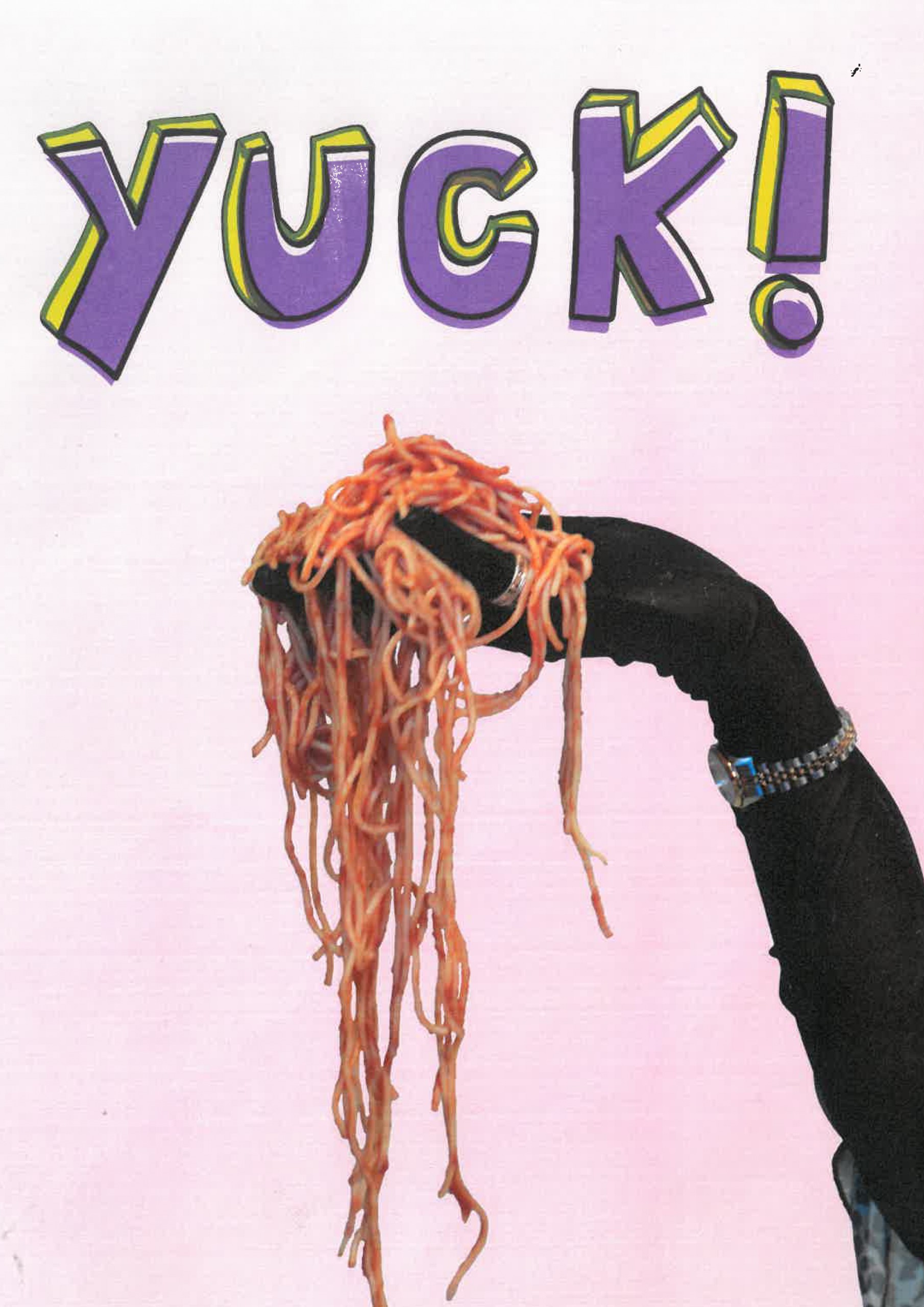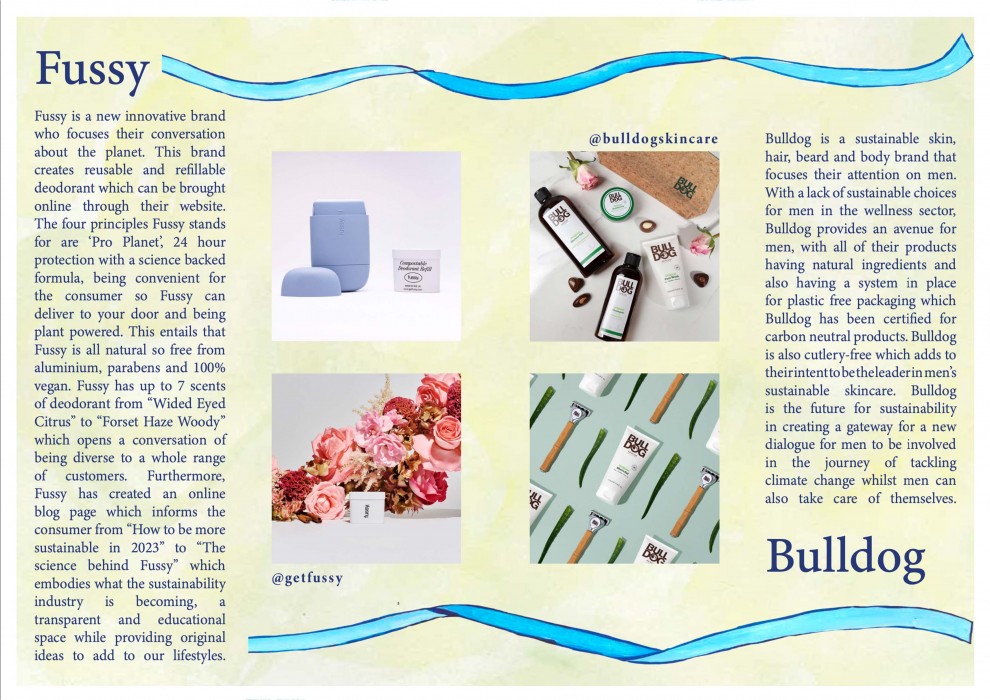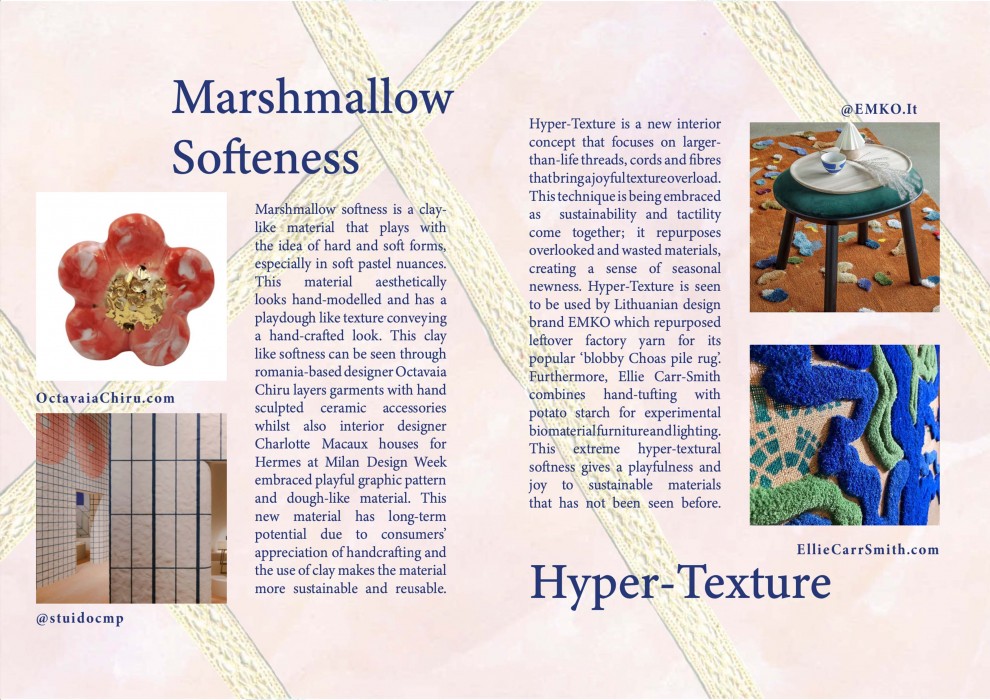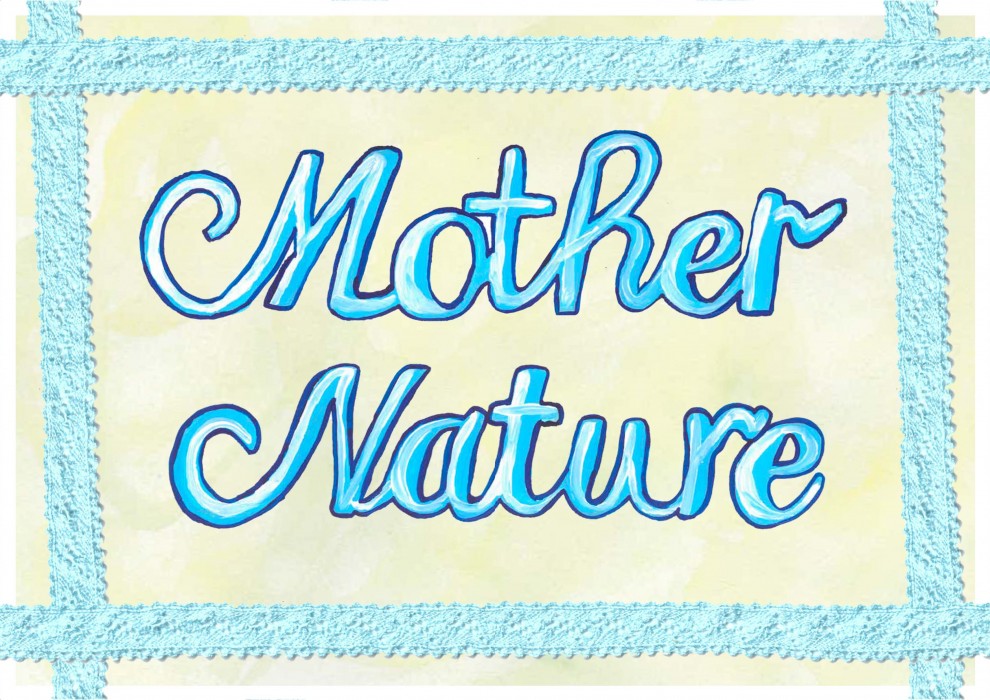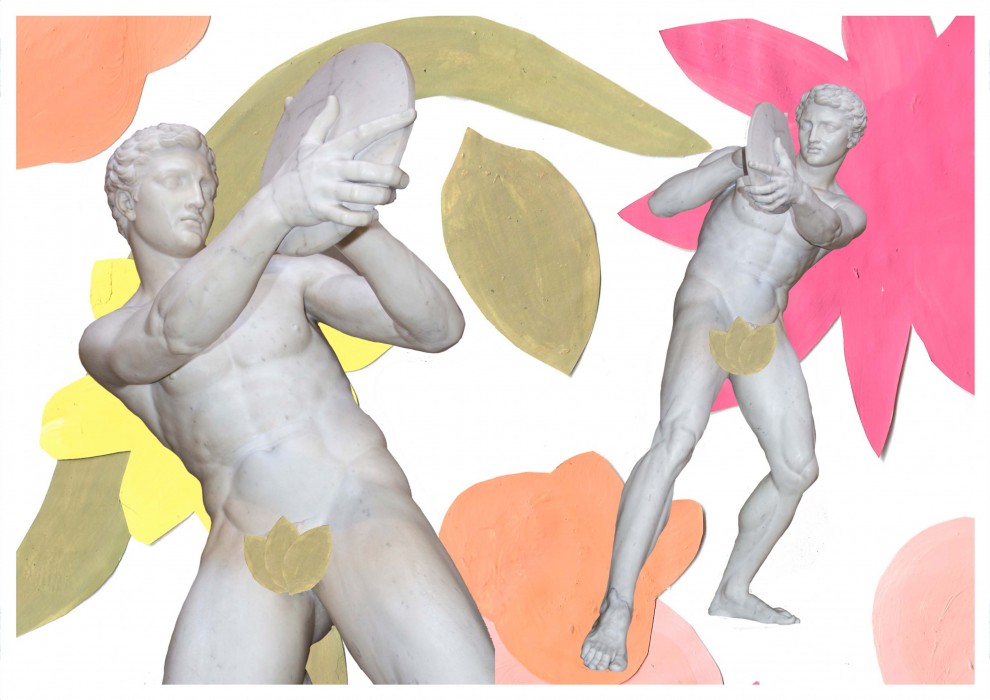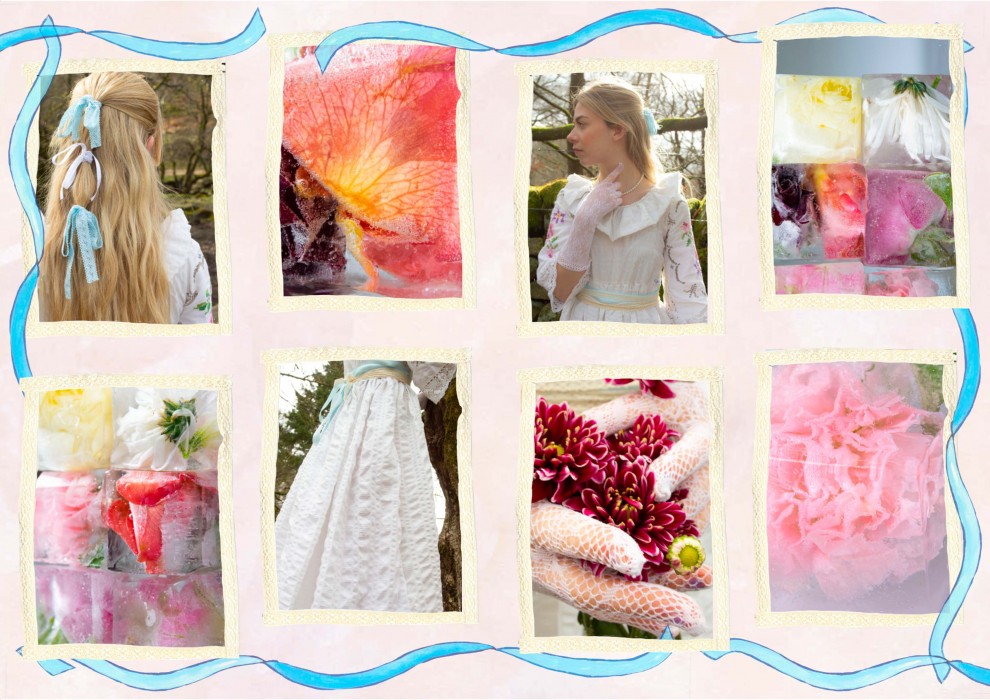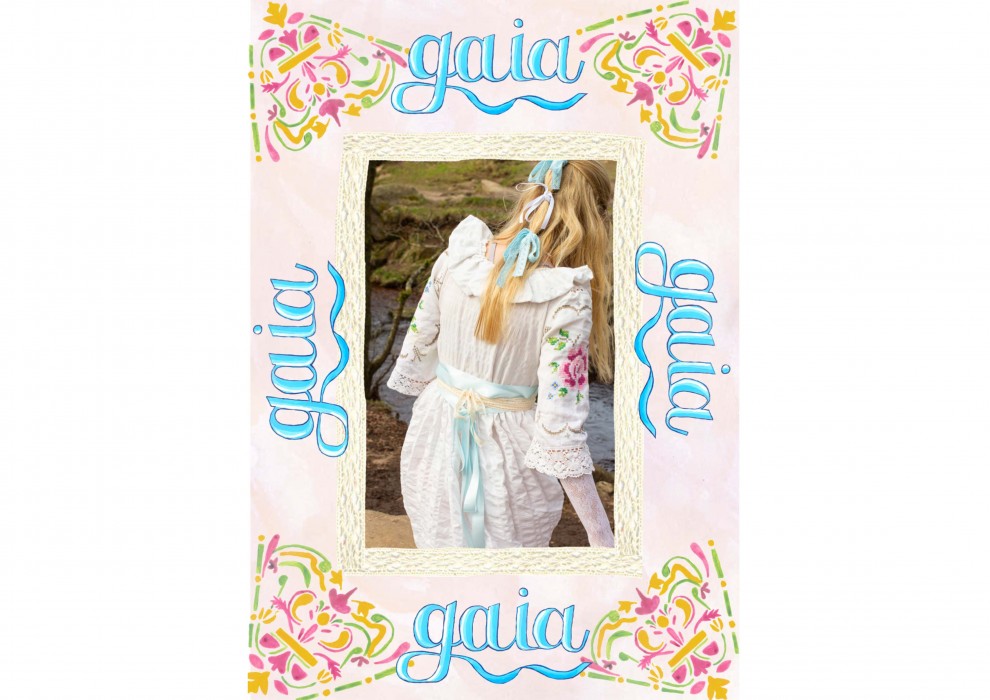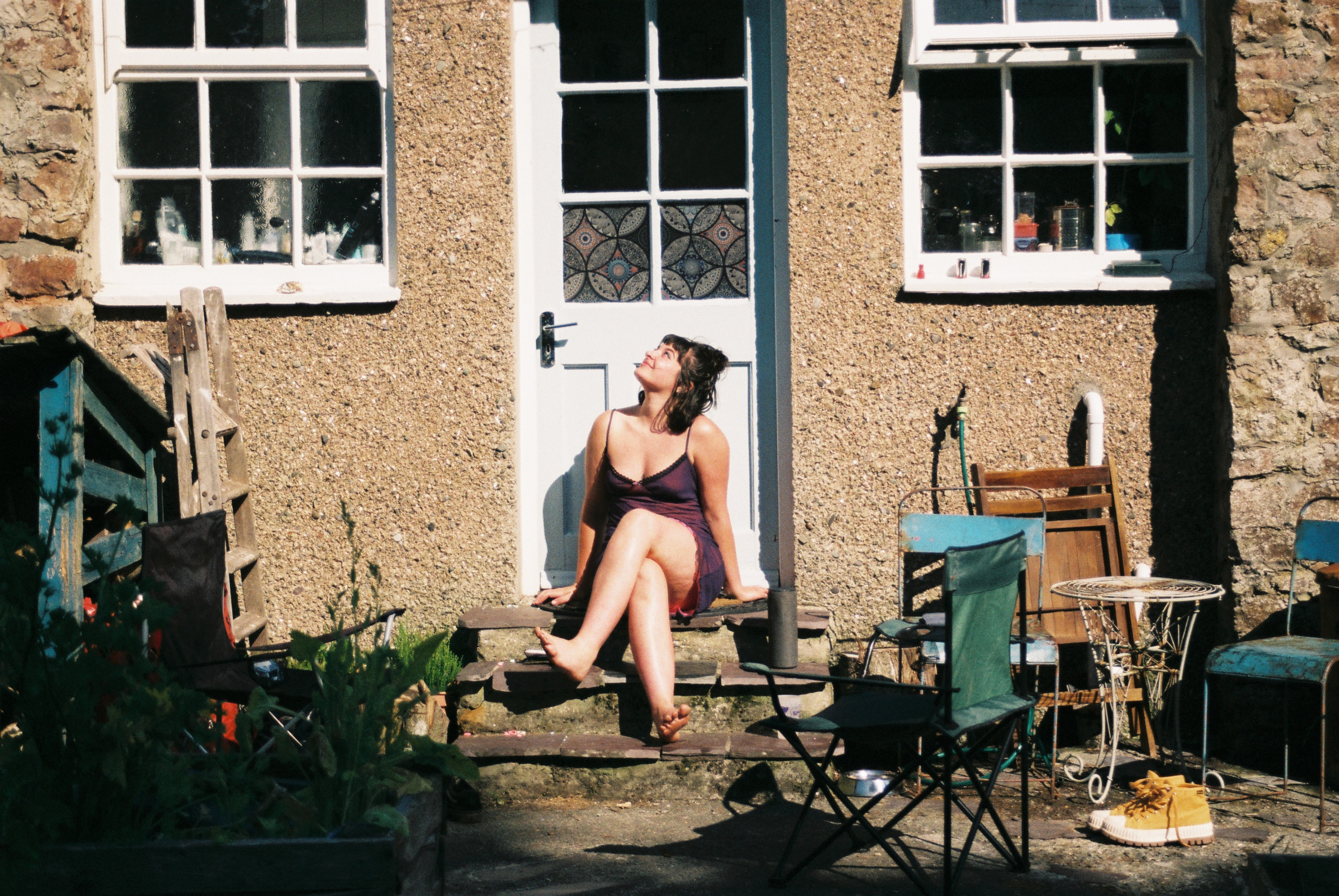
Isabelle Stapleton, a researcher and artist, delved into the conversation surrounding sustainability and the responsibility associated with it. Initially, she explored the question of who bears the actual responsibility for taking urgent action to save the planet. In her project, Stapleton discovered that sustainability is often perceived as feminine, evident in our dialogue, generalized stereotypes, and green marketing strategies. Phrases like “mother nature” and “mother earth” reflect how language has adapted to portray nature with a feminine association. Interestingly, research suggests that men may avoid engaging in environmentally friendly behaviors due to this feminine connection, leading to green marketing turning into greenwashing. This situation directly impacts women, who are the primary consumers in the sustainability industry.
During her research, Stapleton conducted three photo shoots that yielded exploratory outcomes. The first shoot involved an ice experiment, where she placed flowers inside ice cubes to create a metaphorical representation of the planet. The flowers symbolized women, highlighting the feminine aspect of the shoot, while the ice cubes represented the melting ice glaciers that are a significant concern in the current environmental crisis. The underlying message conveyed how women are often confined to the role of “eco saviors.”
The second photoshoot took place in the beautiful Padley Gorge, located in the Peak District. For this shoot, Stapleton collaborated with the slow fashion brand ‘Nyoo Store’ to create a custom dress that embodied feminine silhouettes, aligning with her chosen theme. The overall concept aimed to emphasize the deep connection between women and nature through hyper-feminine styling, incorporating lace and ribbons.
Lastly, the third shoot focused on exploring the stereotypes surrounding men’s attitudes towards sustainability. This shoot aimed to illustrate how men may avoid engaging in environmentally friendly practices for fear of compromising their stereotypical masculine qualities. To symbolize this concept, Stapleton used stone statues, which blended ideas of Greek gods with the notion of the “perfect man.”
Combining the outcomes of these photoshoots, Stapleton produced a trend book titled ‘Gaia,’ named after the Greek goddess of the earth. The trend book embodied a hyper-feminine aesthetic, reflecting her overall artistic vision. However, beneath the surface, it aimed to promote gender equality in the sustainability conversation as the way forward. By engaging influencers, designers, the interior industry, fabric manufacturers, and wellness advocates, the ‘Gaia’ trend book invited individuals from all walks of life to actively participate in the journey towards sustainability and climate change mitigation.

